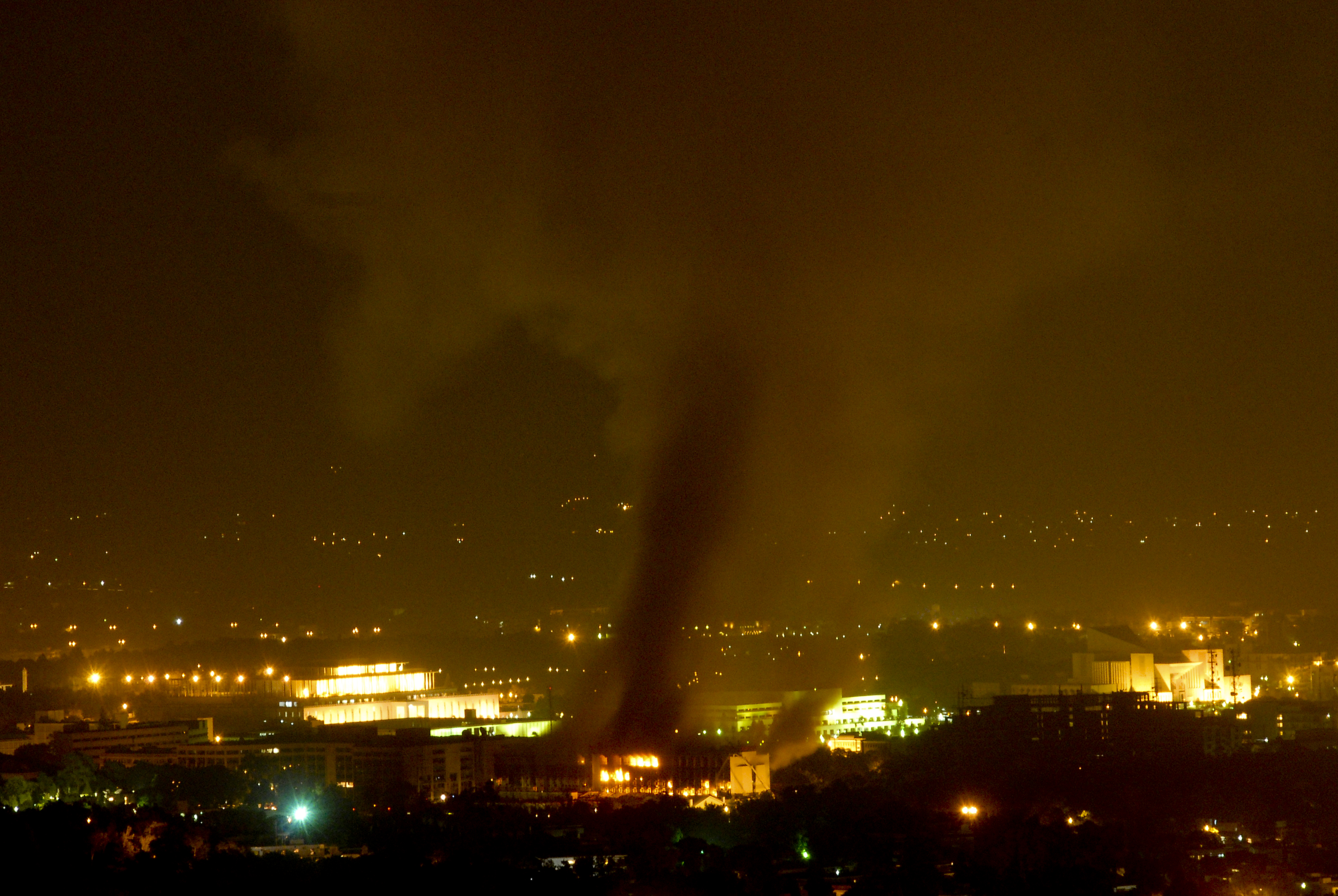Tomorrow is the 15th anniversary of the 9/11 terrorist attacks, and since that tragic day we have seen a dramatic increase in terrorist attacks around the globe. When we remember that fateful day in September of 2001, it’s hard not to think about what we would have done had we been in the vicinity.
Of course, the very nature of terrorist attacks makes it difficult to protect yourself completely. They are carried out covertly and designed to take the victims of the attack by surprise.
But there still are measures we can take to prepare ourselves to increase our chances of survival. Here are a few crucial components of preparing for a terrorist attack:
Be Vigilant
This is a good skill to have in general: situational awareness. Wherever you are, pay attention to what’s going on around you, don’t ignore gut feelings, keep an eye out for things or people who are out of place. If you see people who seem to be surveilling a crowded area in a suspicious way, have an unusually large backpack or bag, look nervous or appear to be discreetly working in teams, well, after all, the government is always encouraging us to say something if we see something.
Be Prepared
The same rules of survival apply to terrorist attacks as well. Narrow down your EDC to gear that would apply to any number of situations, including the chaos that would ensue after a terrorist attack were you to be in the vicinity. Have an emergency plan with your family members, a place to meet or alternative methods to contact each other if cell phone towers are overwhelmed. Keep emergency supplies in your car, food, water, first aid, blankets, and flashlights.
Keep Calm and Carry On
One of the aspects of terrorism that politicians, the media, and even the terrorists themselves feed on is fear and hysteria. But we can take a lesson from the British propaganda posters to “Keep Calm and Carry On” during WWII, in a city that was being bombed. Be realistic, smart, and discerning about the possibility of a terrorist attack happening in a place you might be. Pay attention to current events, and learn to read between the lines as well. Try not to take the subway during rush hour, go to big sporting events or large shopping areas during holidays. If you find yourself in large crowds, always try to stick to the edges and keep your eye on the exits at all time. Don’t let fear govern you, instead, let your desire to be prepared drive you to do the best you can to protect yourself and your family.


